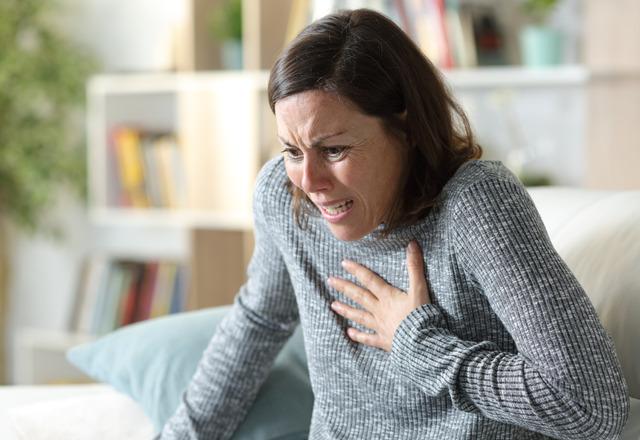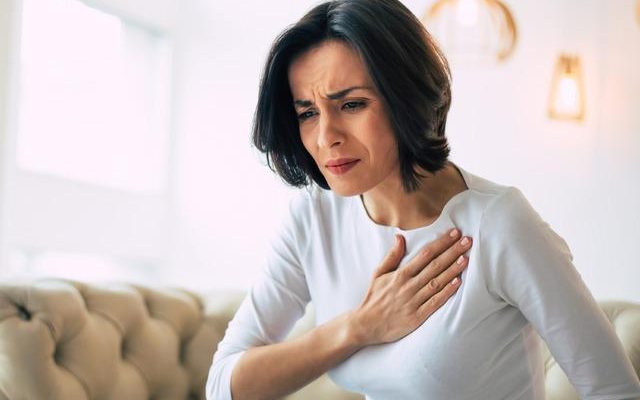Heart attacks triggered by the interruption of blood flow to your heart are usually
described as sudden emergencies. Although heart attacks often come on suddenly, research suggests that patients may experience subtle symptoms before. A study of more than 500 heart attack survivors found that 95 percent of these patients saw warning signs “months or so before”, according to Harvard Medical School.
MOST HEART ATTACKS EXPERIENCE EARLY SYMPTOMS
Professor Gerald Carr-White talked about early heart attack symptoms to watch out for. Professor Carr-White said: “Often there may be no prior symptoms, but there are probably earlier symptoms in more than 50 percent of cases.
SEEN MORE IN WOMEN

“These symptoms have been known to occur days, weeks, and even months before a heart attack occurs. But these timings vary from person to person.
A number of studies have shown that these symptoms affect women more than men, and are often ignored by those who suffer from these symptoms, as they usually go away after a short time.”

The expert shared that the earliest symptoms may include chest tightness or shortness of breath with exertion or stress. However, the Harvard Medical School survey targeted 71 percent of respondents, identifying unusual fatigue as the most obvious sign. The reason you start experiencing bouts of fatigue is the extra stress that puts on your heart. The organ tries to pump while blocking an area of blood flow, leaving your body tired.
HEART ATTACK SYMPTOMS
Although early symptoms can occur, it’s important to be aware of any of the following heart attack symptoms and address them right away:
- Chest pain (a feeling of pressure, heaviness, tightness, or tightness in your chest)
- Pain in other parts of the body (pain may feel as if it radiates from your chest to your arms, jaw, neck, back, and abdomen)
- Dizziness or feeling lightheaded
- To sweat
- Shortness of breath
- feeling sick (nausea) or being sick (vomiting)
- An overwhelming feeling of anxiety (similar to a panic attack)
- Coughing or wheezing.
